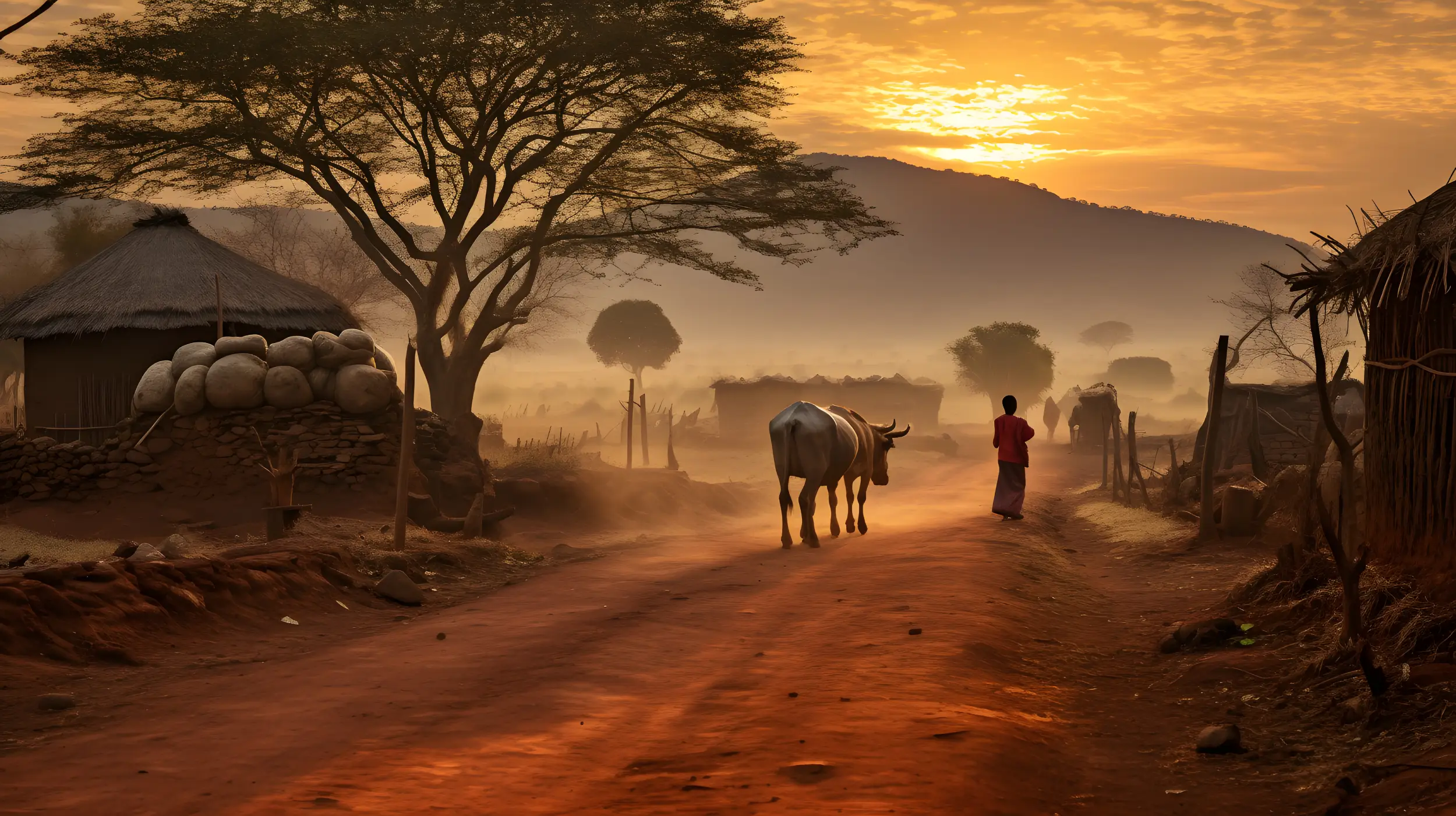A Vision, a Voice and the CARE-WWF Alliance’s Guiding Hand

In a world increasingly marred by environmental and socio-economic crises, there is a growing need for innovative, integrated solutions. A partnership forged in the face of these challenges is the CARE-WWF Alliance, a collaboration between CARE International and the World Wildlife Fund (WWF). These two global organizations are renowned for their humanitarian and environmental endeavors. The CARE-WWF Alliance has positioned itself as a beacon of hope, pioneering a comprehensive approach to address the interconnected issues of poverty, environmental degradation, food insecurity, water scarcity, and economic instability.
In the following sections, we delve into how the Alliance’s interventions in sustainable agriculture, water and sanitation, and micro-financing are making a difference in Africa’s socio-economic landscape, providing lasting solutions that alleviate immediate issues and empower communities to sustainably manage their resources and futures.
The CARE-WWF Alliance’ Guiding Hand
The CARE-WWF Alliance is a partnership between CARE International and the World Wildlife Fund (WWF). Both of these organizations are known globally for their efforts in humanitarian and environmental causes, respectively.
CARE International is a major non-governmental organization that delivers emergency relief, fights poverty, and addresses social injustice worldwide. Their programs focus on several critical areas: education, health, economic development, climate change, and emergency response.
The World Wildlife Fund is one of the world’s largest and most respected conservation organizations, focusing on protecting the world’s most vulnerable species and ecosystems. WWF’s work spans multiple areas, including climate change, freshwater, forests, oceans, and wildlife conservation.
The CARE-WWF Alliance is a pioneering partnership aimed at integrating the objectives of these two organizations. Recognizing that environmental and human well-being are intrinsically linked, the Alliance’s mission is to address the root causes of poverty and environmental degradation.
Their programs typically work with communities in some of the world’s most vulnerable regions, focusing on sustainable development that benefits both people and the environment. This can include initiatives such as empowering local communities to manage their natural resources, promoting sustainable agriculture and fisheries, and building resilience to climate change.
Food Security through Sustainable Agriculture
Food security is a pervasive issue in Africa, stemming from many challenges such as climate change, conflict, economic instability, poor infrastructure, and land degradation. Climate change disrupts traditional farming and herding practices by inducing irregular weather patterns like droughts and excessive rainfall, often leading to crop failure and loss of livestock. Conflict situations cause mass displacement, leading to the disruption of local agricultural systems. Economically, high poverty levels often make available food unaffordable to many. Infrastructure gaps can hinder access to markets for farmers and food access for communities. Additionally, land degradation through overgrazing and deforestation can diminish the land’s productive capacity for agriculture.
The CARE-WWF Alliance is equipped to address these intertwined issues through holistic strategies that consider environmental sustainability and socio-economic resilience. They can foster climate-resilient farming practices such as agroforestry or conservation agriculture, increasing crop yields and ensuring soil health. Through community-based natural resource management, the Alliance empowers communities to sustainably manage forests and fisheries, contributing to long-term food security. Furthermore, they support initiatives that diversify income sources for rural communities, thus enhancing their resilience to environmental and economic shocks. At the policy level, the Alliance advocates for policies addressing the root causes of food insecurity. Lastly, the Alliance provides immediate food assistance alongside long-term preventative strategies in crisis scenarios.
Improved Water, Hygiene and Sanitation
Access to clean water and sanitation remains a significant issue in many parts of Africa. Factors such as population growth, urbanization, poor infrastructure, and climate change contribute to this problem. Rapid population growth and urbanization strain existing water and sanitation facilities, often leading to insufficient services. Poor infrastructure and inadequate maintenance make delivering water and sanitation services challenging, especially in remote or impoverished areas. Additionally, climate change, through increasing droughts and flooding, exacerbates water scarcity and contaminates water sources. The lack of clean water and proper sanitation facilities increases the risk of waterborne diseases, hampers economic productivity, and disproportionately affects women and girls who often bear the responsibility of collecting water.
The CARE-WWF Alliance, through its integrated human-environment approach, can play a significant role in addressing water and sanitation challenges. The Alliance promotes sustainable water management practices, ensuring the longevity of water sources. They can help build community resilience by providing tools and training for creating and maintaining water and sanitation facilities. Furthermore, through community-based natural resource management, the Alliance allows communities to protect and restore their ecosystems, ensuring the availability of clean water sources in the long term. They can contribute to universal access to clean water and sanitation by advocating for effective policies and funding. Lastly, the Alliance’s initiatives to empower women can lead to a more equitable distribution of resources, including access to water and sanitation facilities.
Economic Security through Micro-financing and Association and Markets Development
Microfinancing can play a transformative role in promoting African economic security by providing small loans and other financial services to individuals and small businesses that lack access to traditional banking services. This kind of financial inclusion encourages entrepreneurship, fosters job creation, and can help lift households out of poverty. As part of its poverty-fighting mission, the CARE-WWF Alliance can facilitate microfinance initiatives, providing training and resources to enable communities to establish and manage their savings and loan groups. Such groups can empower people, particularly women, to start and grow their own businesses, invest in education or healthcare, and build financial resilience against unexpected economic shocks, contributing to overall community development and economic security.
